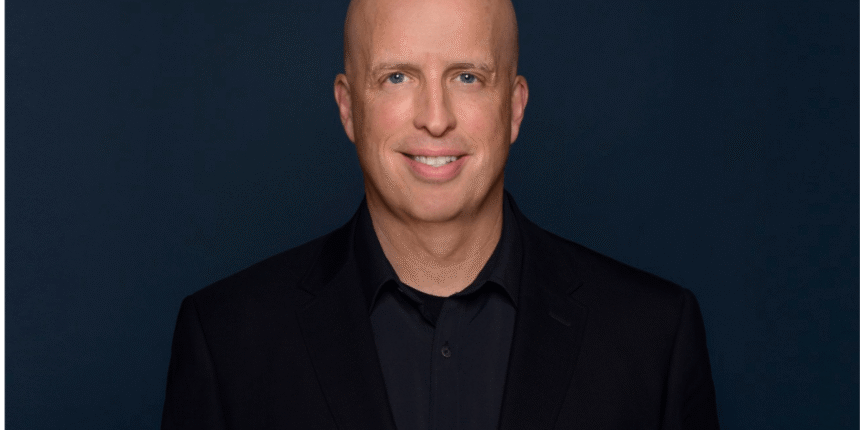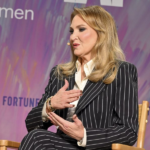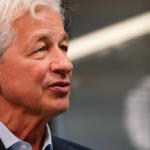Cassidy’s alternate stance is simple: “I work to live.”
“Work is an enabler to do all the other stuff that we want to accomplish in our lives,” he tells Fortune. “I love what I do. I love my family and friends more than work. But when you put the two together, you have that right level of balance.”
“To be a better leader, I also need that right amount of time to disconnect from the business, spend time with family and friends and come back—whether it’s a two-day vacation, a week’s vacation—that’s kind of irrelevant, but I come back recharge with more energy to drive the business,” he adds.
While some business leaders may take pride in working all the time—seven days a week, with no vacations—Cassidy says that’s not a lifestyle he ever planned to embrace.
“One thing I never wanted in life was to have regrets that I did not spend the right amount of time with my kids, in particular,” he says.
In fact, even while climbing the corporate ranks, he continued to coach his kids’ football, baseball, and soccer teams—even if it meant he had to substitute responding to emails for team practice.
“Don’t feel as if you’re not here, work’s not going to get done,” Cassidy says. “It’s more about the culture of taking time off and it being okay to take time off.”
“We just killed unlimited PTO at Bolt,” Breslow wrote. “It sounds progressive, but it’s totally broken. When time off is undefined, the good ones don’t take PTO. The bad ones take too much.”
And while Lactalis did not provide specifics of their PTO policy besides being “generous and flexible,” Cassidy said he believes the companies that thrive won’t be the ones that glorify constant work, but the ones that help employees take time off—without guilt.









